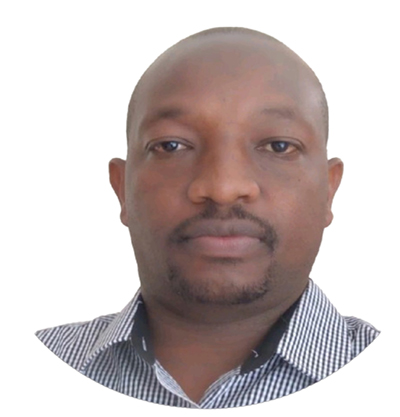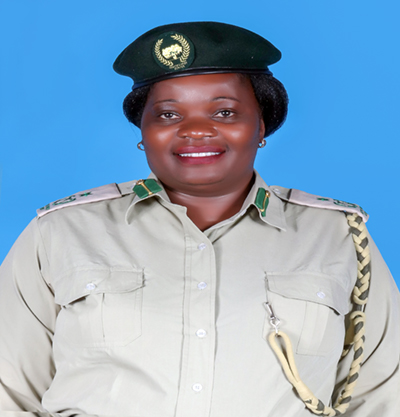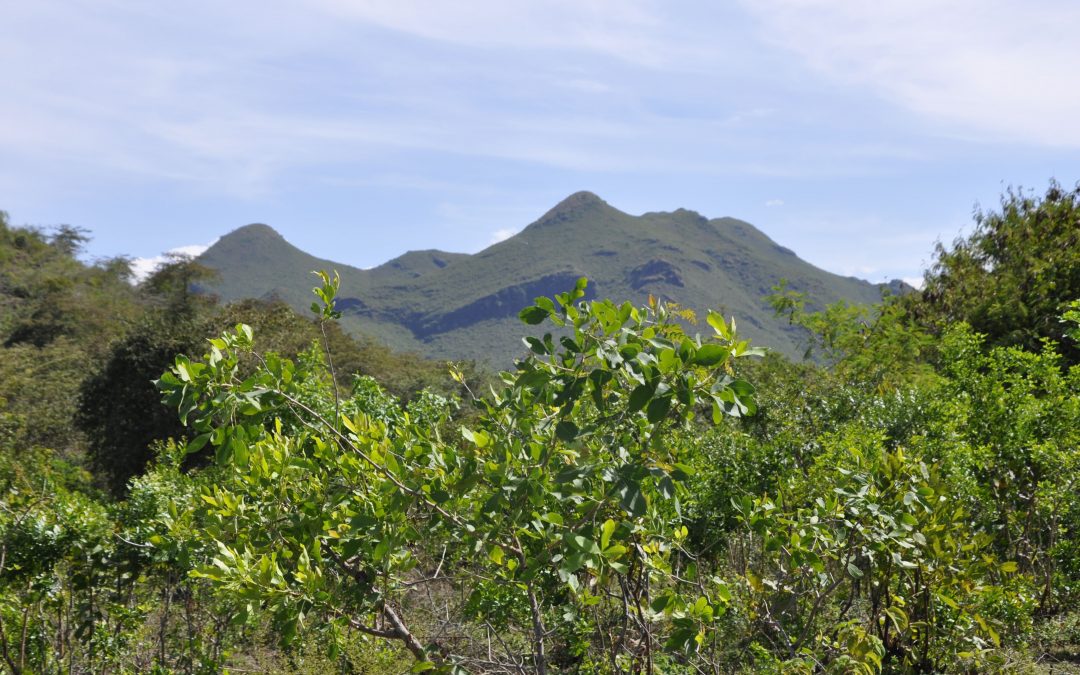Lead organizations:
World Resources Institute (WRI), Food and Agriculture Organization of the United Nations (FAO) , Kenya Forest Service (KFS)
Other partners:
Kenya Forestry Research Institute (KEFRI), World Agroforestry (ICRAF), Kenya Water Towers Agency (KWTA) , Ministry of Agriculture, Livestock and Fisheries
—————————————————
The aspect of monitoring Forest and Landscape Restoration (FLR) is critical because it enables the monitoring of progress towards targets at project, sub-national or nation and regional levels. For example, in Kenya, the key question that FLR should help answer is how far is the country from achieving the 5.4 million hectare target that the government has set up for restoration?
This implies there need for a framework of FLR monitoring, with clear indicators, methods of assessing the indicators and For a project, a county or at the national level to show progress towards targets (hectares restored) and also as for learning and adaptive management on what’s working and what’s not working including how to overcome the challenges. Such information can be used to guide FLR implementation as well as scaling up existing initiatives.
This session is building on the recommendations/key messages from the previous Forest and Landscape Restoration (FLR) monitoring in Kenya webinar held on 23rd April 2021:
- Developing a shared vision for coordinated and Integrated Forest Landscape Restoration monitoring and reporting framework and mechanisms in Kenya is crucial to ensure tracking of progress.
- Many tools and approaches for monitoring exist in Kenya and can be built upon and can inform the national monitoring framework.
- Having a working monitoring framework that is understood and can be used by everyone should be our focus.
The session will therefore build upon the Forest and Landscape Restoration Implementation Action Plan 2021-2025 (FOLAREP) and create a roadmap for a monitoring framework which will incorporate all the various elements such as:
- A timeline for FOLAREP implementation which
- How resources will be mobilized from the various institutions.
- Discuss and propose the core set of indicators.
- Socialise the idea of the creation of a national technical working group embedded within FOLAREP with leadership at ministry level and inviting all relevant stakeholders to be part of it. This working group should also have a structure at county level.
- Ensuring it incorporates restoration broadly from the international level – UN Decade for Ecosystem Restoration, continental level, that is, the AFR 100 reporting structure as well as the national level – NDC reporting as well as exploring how monitoring can shape policy.
Speakers

Dr. Winfred M. Musila
Speaker
Director, Ecosystem Research, Planning and Audit, Kenya Water Towers Agency

Patrick Mugi
Speaker
Monitoring and Evalaution Specialist, Food and Agriculture Organization of the United Nations, Kenya

Peter Ndunda
Moderator
Senior Associate, Africa Forest Landscape Restoration Initiative (AFR100), World Resources Institute

Rose Akombo
Speaker
Forest Hydrology and Climate Change Expert, Kenya Forest Service

Tor-Gunnar Vågen
Speaker
Senior Scientist and head of the Spatial Data Science and Applied Learning Lab (SPACIAL), CIFOR-ICRAF

